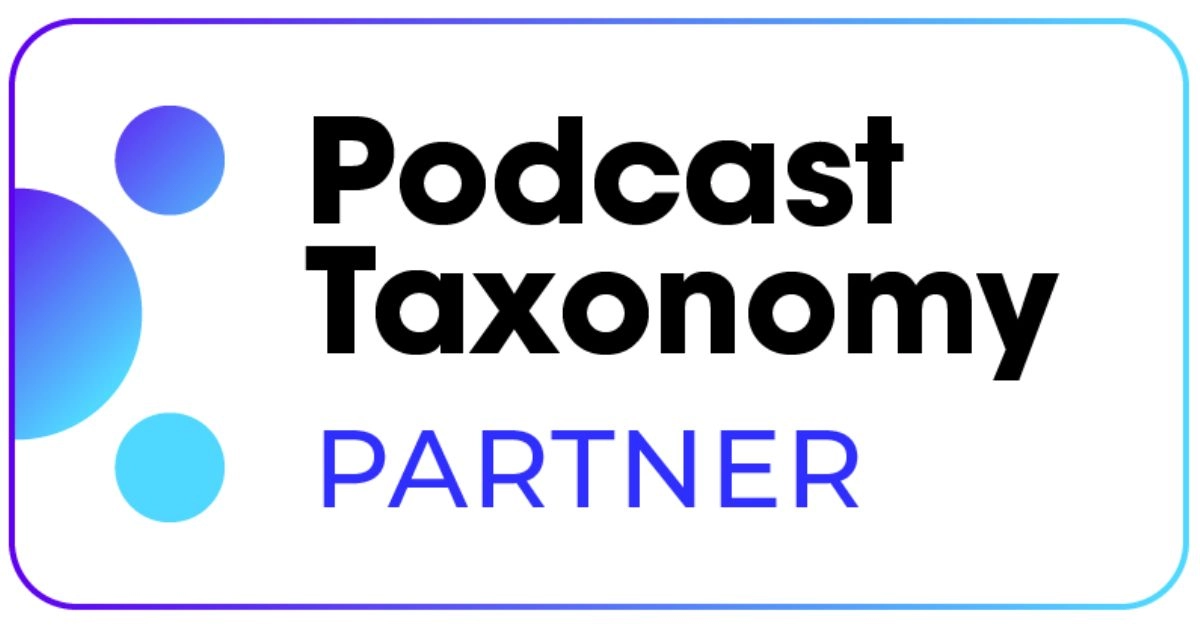GANDHINAGAR: Podcast Taxonomy is an international initiative that brings together professionals across the industry to establish a common language for recognizing and crediting those who work on podcasts. It provides a comprehensive list of roles and their corresponding descriptions, aiming to achieve several key goals.
Podcast taxonomy refers to a system for classifying and organizing information about podcasts. There are actually two main ways it’s used
1. Podcast Production Roles
This is a standardized list of roles involved in creating a podcast, along with descriptions of what each role does. This helps ensure everyone’s on the same page when it comes to crediting people who work on podcasts [Podcast Taxonomy]. It’s kind of like how the film industry has standardized roles like director, producer, and actor.
2. Podcast Content Categories
Less common, but also possible, is using podcast taxonomy to categorize podcasts by their content. This could be by genre (comedy, true crime, news), format (interview, solo monologue, narrative), or even target audience (kids, history buffs, entrepreneurs). This type of taxonomy is more like what you might find in a library for categorizing books.
Elevating the Podcast Industry
By establishing a standardized set of roles in podcast creation, Podcast Taxonomy promotes greater professionalism within the field.
Streamlining Hiring and Job Creation
The standardized list acts as a shared resource for both established networks and independent creators, facilitating the search and creation of podcasting jobs.
Promoting Inclusivity
Podcast Taxonomy is designed to be inclusive, ensuring that all voices are represented, regardless of background. This includes women, people of color, and individuals from marginalized communities.











